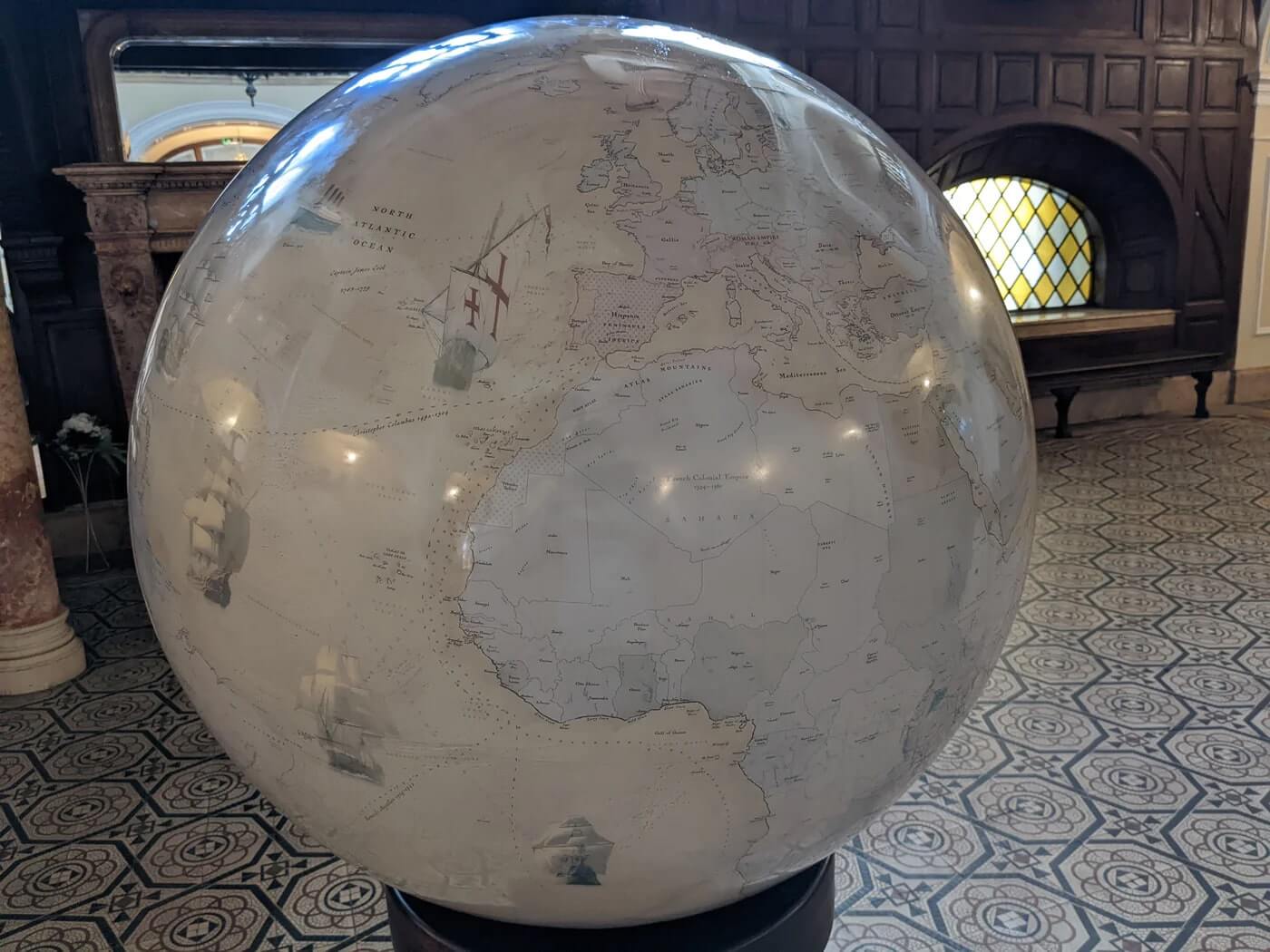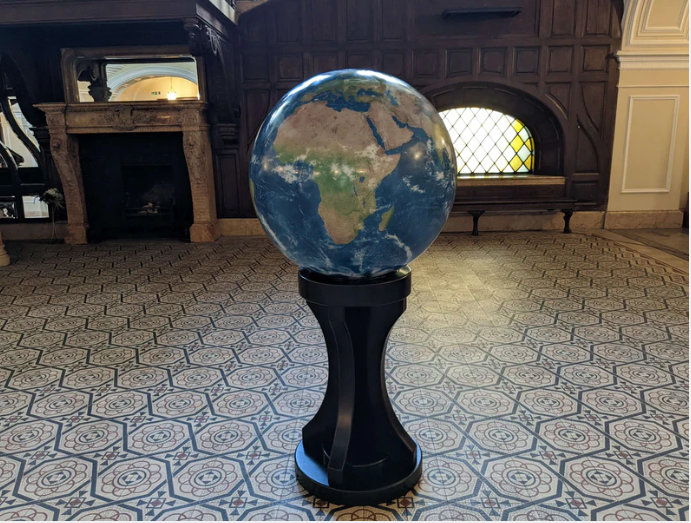Navegando por el mundo: un mapa completo por continente
En la búsqueda de comprender las complejidades de nuestro planeta, un mapa organizado por continentes es una herramienta invaluable. Proporciona una visión integral de las diversas regiones de la Tierra y ofrece una perspectiva de las características, culturas y paisajes únicos que definen a cada continente. Este artículo profundiza en la importancia de un mapa del mundo organizado por continentes, destacando su valor educativo y su papel en el fomento de una apreciación más profunda de la diversidad global.
La importancia de un mapamundi basado en continentes
Un mapamundi clasificado por continentes ofrece una forma estructurada e intuitiva de absorber conocimientos geográficos. Al dividir la vasta extensión de nuestro planeta en continentes distintos, proporciona un marco claro para comprender las diferencias regionales, incluidos el clima, la flora, la fauna y las civilizaciones humanas. Un mapa de este tipo simplifica la información global compleja, haciéndola accesible a estudiantes de todas las edades y niveles de experiencia.
Facilitando el entendimiento cultural
Un mapamundi con continentes actúa como un puente hacia la comprensión y la apreciación cultural. Muestra el rico tapiz de la civilización humana en todos los continentes, destacando los diversos idiomas, tradiciones y sistemas de creencias que dan forma a nuestra comunidad global. Al yuxtaponer visualmente los continentes, las personas obtienen una comprensión más profunda de la diversidad del patrimonio y la historia que definen cada región.
Una herramienta para el enriquecimiento educativo
Para los educadores, un mapa organizado por continentes es un recurso indispensable. Proporciona una ayuda visual que refuerza las lecciones en el aula sobre geografía, historia y antropología. Los estudiantes pueden interactuar activamente con el mapa, trazando los límites de los continentes, ubicando países e identificando características geográficas clave. Este enfoque de aprendizaje interactivo fomenta una retención más profunda de la información y una mayor curiosidad sobre el mundo.
Mejorar la conciencia global
En un mundo cada vez más interconectado, comprender la disposición geográfica de los continentes es fundamental para fomentar la conciencia global. Un mapa de los continentes sirve como base para comprender los acontecimientos geopolíticos, las relaciones internacionales y las cuestiones medioambientales. Permite a las personas tomar decisiones informadas sobre los desafíos globales, como el cambio climático, los patrones migratorios y los intercambios culturales.
Navegando por las perspectivas económicas y ambientales
Un mapamundi basado en los continentes ayuda a comprender la dinámica económica y ambiental. Permite un examen contextualizado de los recursos, las rutas comerciales y las disparidades económicas entre los continentes. Al visualizar características naturales como océanos, cadenas montañosas y desiertos en relación con los continentes, las personas pueden obtener información sobre los sistemas ecológicos y su impacto en las sociedades humanas.
Herramientas accesibles e interactivas
En la era digital, acceder a un mapamundi por continentes nunca ha sido tan fácil. Los recursos en línea y las herramientas de mapeo interactivo ofrecen plataformas dinámicas para explorar el mundo por continente. Estas plataformas ofrecen funciones como zoom, desplazamientos y superposiciones personalizables, lo que permite a los usuarios adaptar su exploración según áreas específicas de interés.
Conclusión
Un mapa del mundo organizado por continentes es una puerta de entrada para comprender la complejidad y diversidad de nuestro planeta. Sirve como una herramienta educativa vital, que facilita la apreciación cultural y mejora la conciencia global. Con recursos digitales accesibles, personas de todas las edades pueden interactuar con esta representación dinámica de los continentes de la Tierra, fomentando una curiosidad permanente sobre el mundo que habitamos. Al adoptar el conocimiento que brindan los mapas basados en continentes, nos embarcamos en un viaje de descubrimiento que trasciende las fronteras y fomenta una apreciación más profunda de la comunidad global de la que todos formamos parte.





